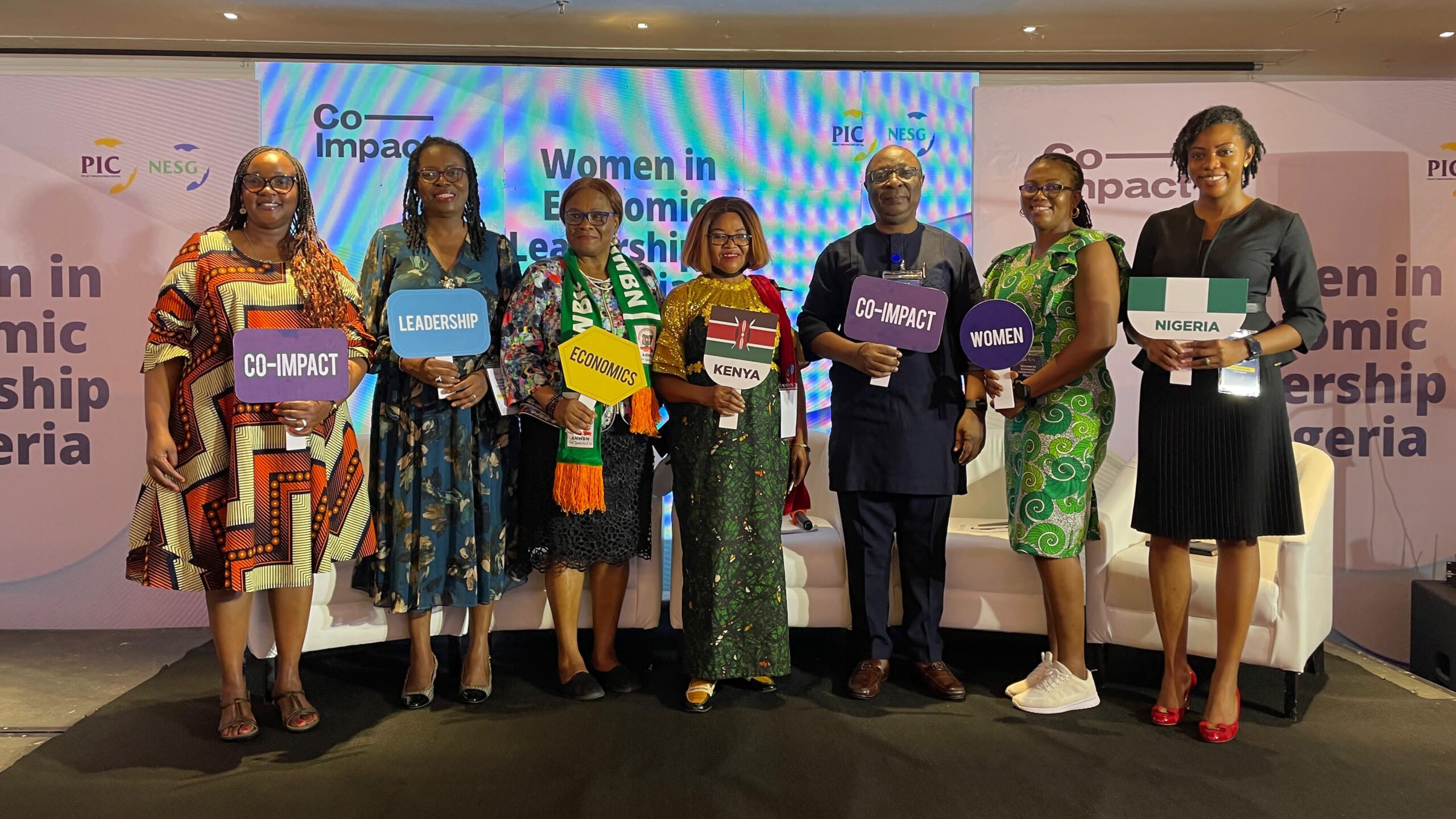Stakeholders advocate more women in economic leadership
Stakeholders have decried the low representation of women in economic leadership, lamenting that despite the high percentage of women in the country, they are underrepresented in economic leadership. They observed that, for instance, no woman has headed the Central Bank of Nigeria (CBN) since 1999 when the country returned to civil rule. This emerged at […]

img 20241111 wa0004
Stakeholders have decried the low representation of women in economic leadership, lamenting that despite the high percentage of women in the country, they are underrepresented in economic leadership.
They observed that, for instance, no woman has headed the Central Bank of Nigeria (CBN) since 1999 when the country returned to civil rule.
This emerged at the weekend during the Women Economic Leadership Roundtable organised by the Policy Innovation Centre (PIC), in collaboration with Co-Impact in Lagos.
The roundtable was to discuss PIC’s latest research findings on the barriers and opportunities facing women in economic leadership, as well as policy reforms that can enhance their role in the field.
- FCT: AEA takes financial literacy campaigns to Bwari
- Debt trap to growth path: Africa’s call for relief
The President of the Nigerian Economic Society (NES), Prof. Adeola Adenikinju, in his keynote address noted that no woman has ever held the position of CBN governor but six men have served since 1999.
“Only one woman has ever held the position of Chief Economic Adviser to the president – Prof Kassey Garba, from the University of Ibadan – who served in that position between 2010 and 2011, under President Goodluck Jonathan.”
He called for an urgent need for policy reforms to address these barriers and increase female representation in economic leadership.
He also encouraged women in leadership positions to support and mentor younger women to ensure a more inclusive future for the economic sector.
Adenikinju stated that one of the primary barriers women face in economic leadership “is deeply ingrained cultural and societal norms.
“These norms often discourage women from pursuing leadership roles in business, finance, and entrepreneurship. The perception that economic leadership is a male-dominated field creates an additional layer of pressure on women, making it harder for them to break through the proverbial glass ceiling,” he added.
Associate Director of Programmes, Africa at Co-Impact, Gladys Onyango, said women have contributed immensely to the economy of Nigeria.
“Together, we can create a future where women’s leadership in economics is not the exception but the norm,” she added.
Presenting the research findings, Dr Mary Jimoh, Gender Research Specialist at PIC, listed barriers to women’s economic leadership in Nigeria including societal expectations, gender roles, workplace stereotypes, and the abysmal implementation of gender policies that continue to limit women’s advancement in economic leadership.
“Women in Nigeria are powerful agents of economic transformation,” Dr Jimoh emphasised, “but they require an environment that not only recognises their potential but actively facilitates their path to leadership.”
